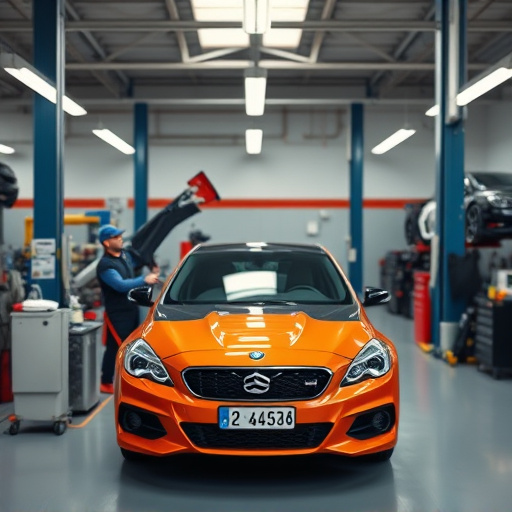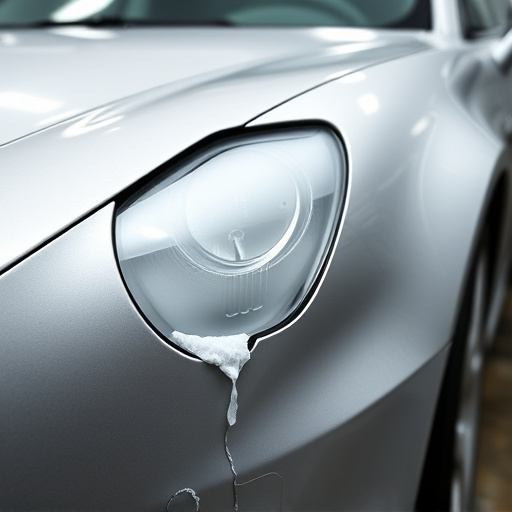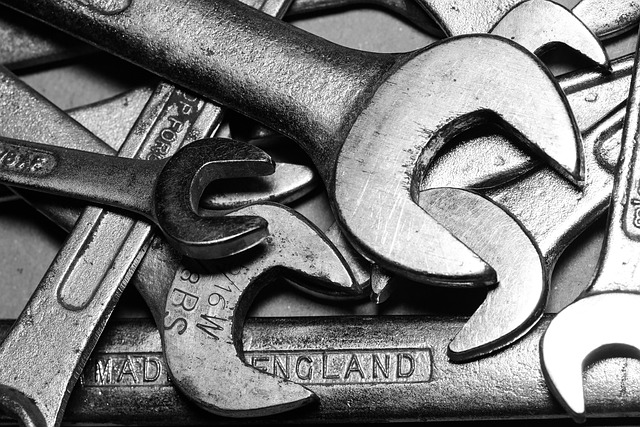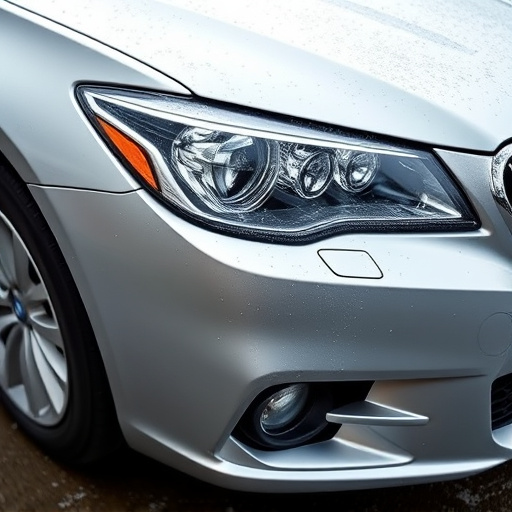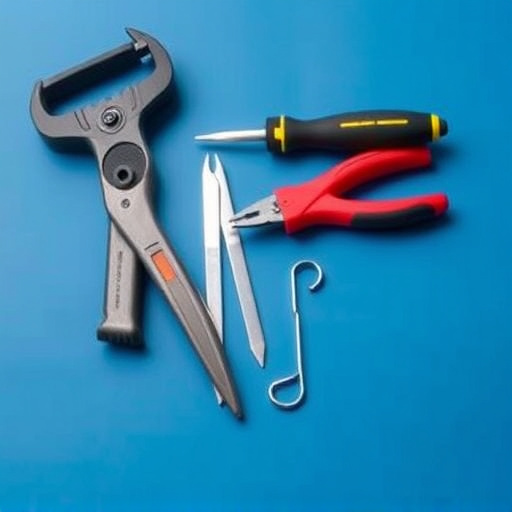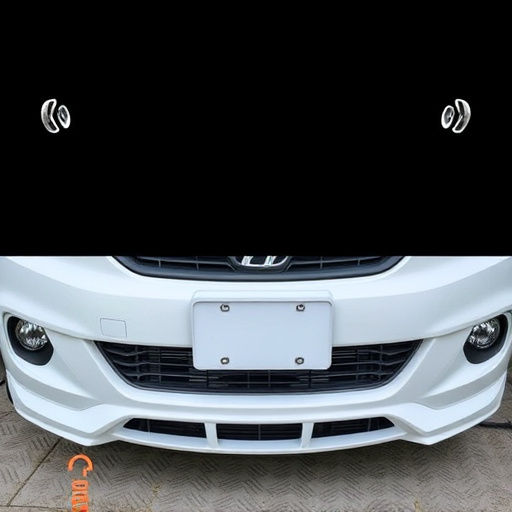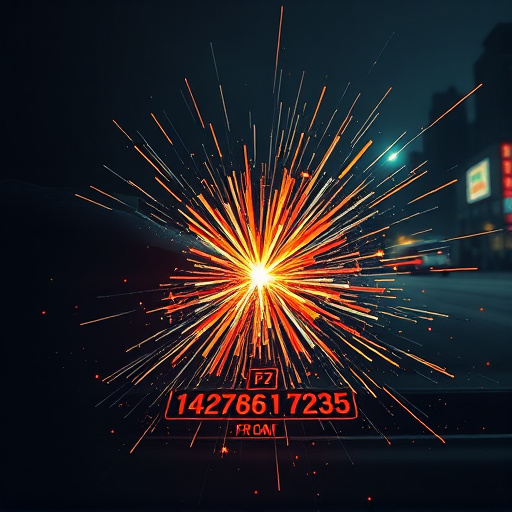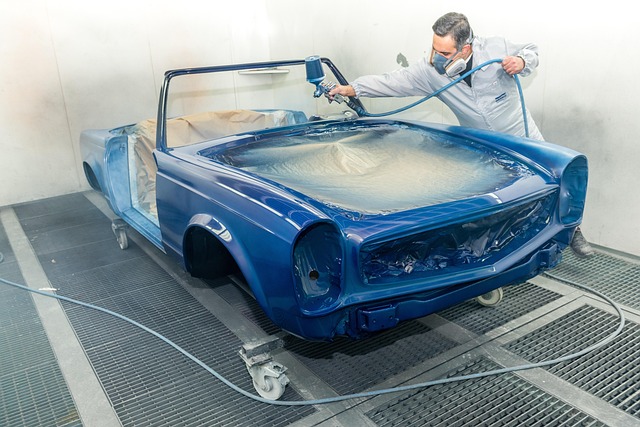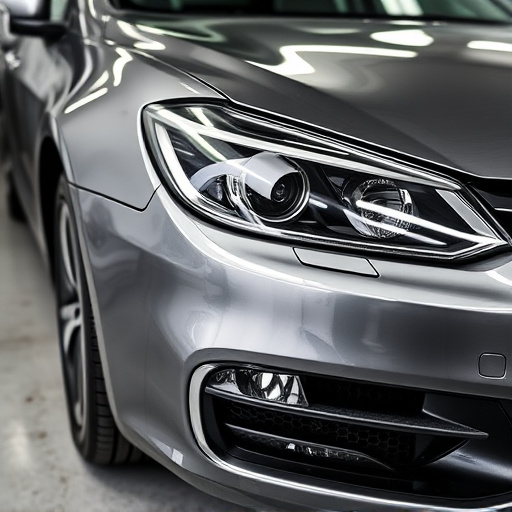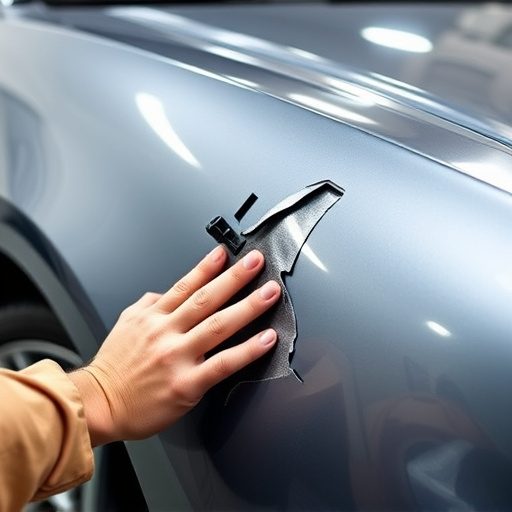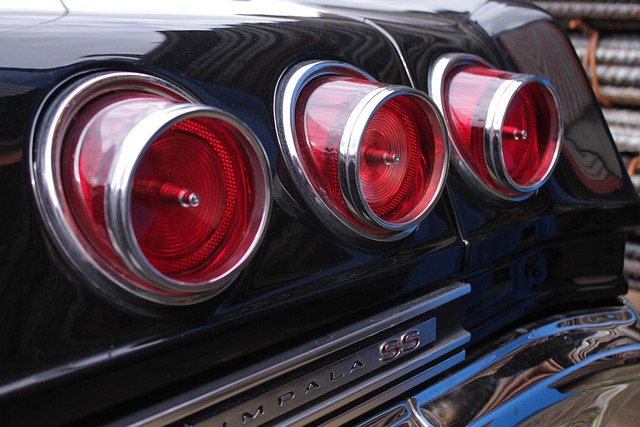Collision repair certification is key for auto body shops, ensuring quality repairs and customer trust. Shops maintain certification through staff training on industry advancements, safety protocols, and environmental regulations. Regular audits verify adherence to standards, addressing non-conformities promptly to preserve certification and guarantee excellent service like car scratch repair, fostering customer confidence throughout.
Shops aiming for top-notch collision repair services must maintain their certification. This article explores the critical process of upholding stringent industry standards, ensuring consumer safety and satisfaction. We delve into three key aspects: understanding evolving certification requirements, committing to ongoing training and education, and undergoing regular audits for unwavering compliance and quality assurance. By adhering to these practices, shops solidify their status as trusted collision repair experts.
- Understanding Collision Repair Certification Requirements
- Maintaining Standards: Ongoing Training and Education
- Regular Audits: Ensuring Compliance and Quality Assurance
Understanding Collision Repair Certification Requirements
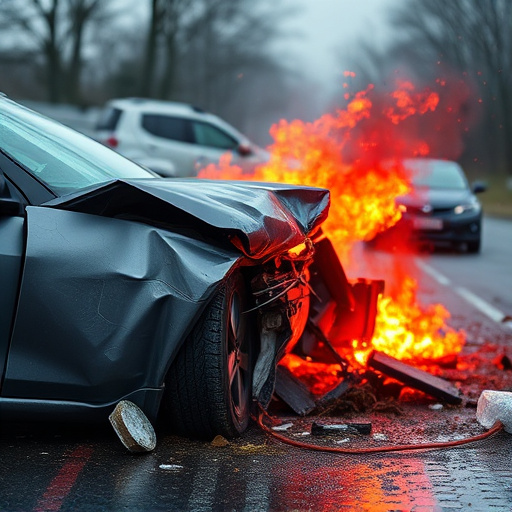
Maintaining collision repair certification is a crucial aspect of any shop specializing in car bodywork services and collision repair. This certification ensures that the facility meets specific industry standards, thereby guaranteeing high-quality car body restoration work. To remain certified, shops must adhere to stringent requirements set by accrediting bodies. These standards encompass a wide range of areas, including equipment, personnel training, safety protocols, and quality control measures.
Collision repair certification involves rigorous inspections and assessments to verify that the shop’s processes align with best practices. By staying compliant, these establishments demonstrate their commitment to excellence in collision repair, fostering trust among customers who seek top-tier car body restoration services. This not only enhances customer satisfaction but also reinforces the shop’s reputation as a reliable provider of quality workmanship in the industry.
Maintaining Standards: Ongoing Training and Education
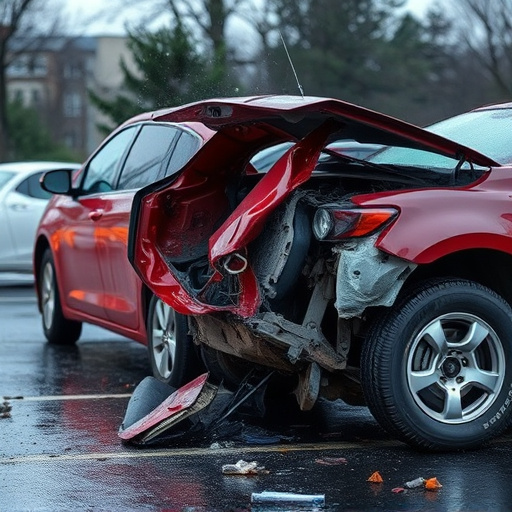
To maintain their collision repair certification status, auto body shops must commit to ongoing training and education for their staff. This continuous learning ensures that technicians stay up-to-date with the latest industry standards, tools, and techniques in autobody repairs. Regular workshops, seminars, and digital courses help keep them informed about advancements in luxury vehicle repair technologies, safety protocols, and environmental regulations. By prioritizing this aspect, shops demonstrate their dedication to delivering high-quality services that meet or exceed industry benchmarks.
The investment in ongoing training also enhances the overall capabilities of the auto body shop. It enables them to adapt quickly to changes in vehicle designs, new materials used in manufacturing, and evolving customer expectations. This adaptability ensures that the shop remains competitive in the market while providing efficient and accurate luxury vehicle repair services. Consequently, customers benefit from a more sophisticated and reliable collision repair experience.
Regular Audits: Ensuring Compliance and Quality Assurance
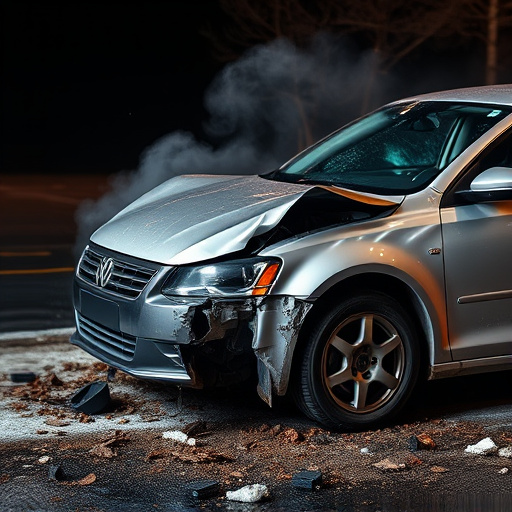
Regular audits are a cornerstone in maintaining collision repair certification for any auto body shop. These comprehensive assessments ensure that the facility adheres to industry standards and regulations, guaranteeing customers receive high-quality repairs. During an audit, experts scrutinize everything from equipment functionality to employee training records, checking for compliance with safety protocols and best practices.
By implementing a robust internal auditing process, auto body shops can identify and rectify any non-conformities promptly. This proactive approach not only helps maintain certification but also ensures consistent excellence in services like car scratch repair and auto maintenance. Ultimately, it instills confidence in customers that their vehicles are in capable hands throughout the collision repair process.
Shops that prioritize their collision repair certification status ensure they meet industry standards and maintain consumer trust. By understanding the requirements, adhering to ongoing training and education, and undergoing regular audits, these facilities demonstrate commitment to quality and safety in collision repair services. This proactive approach not only reinforces their certifications but also fosters customer satisfaction and confidence in their abilities.
